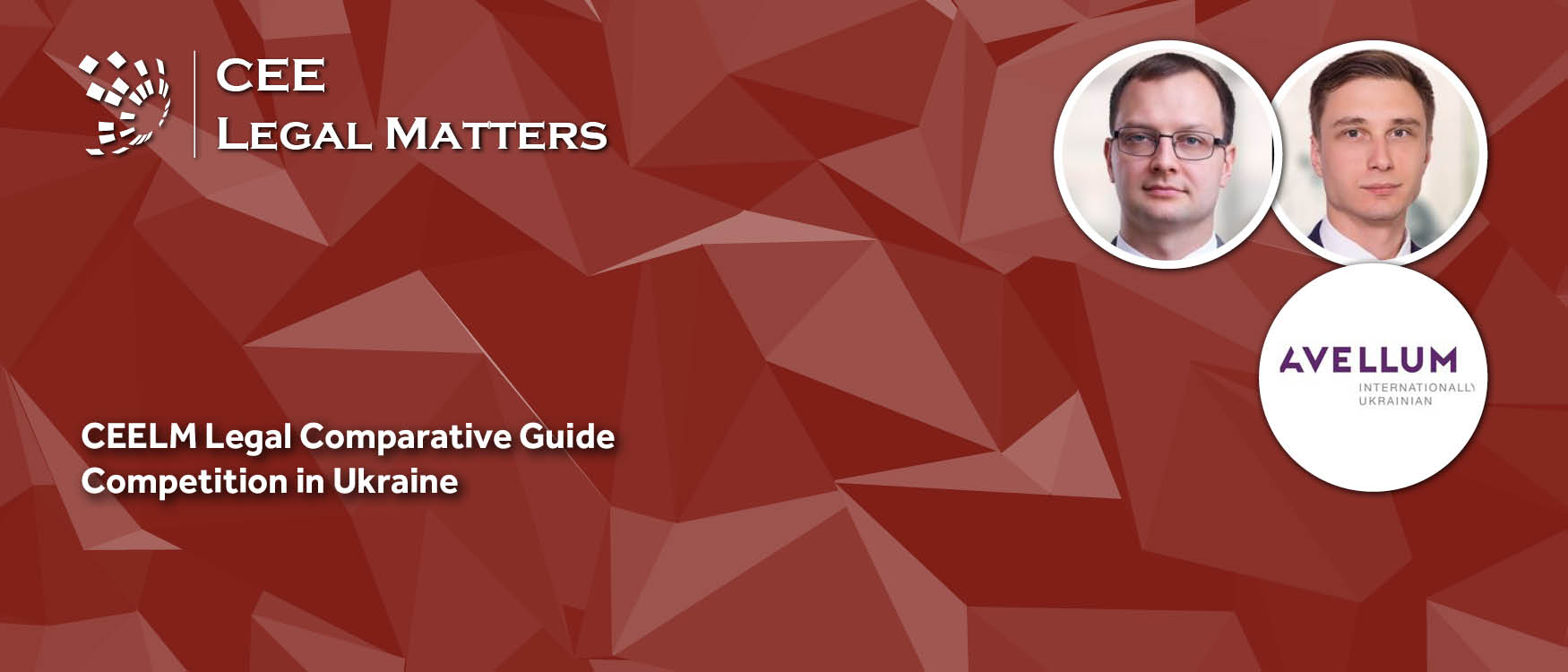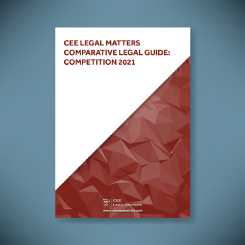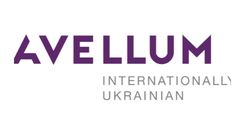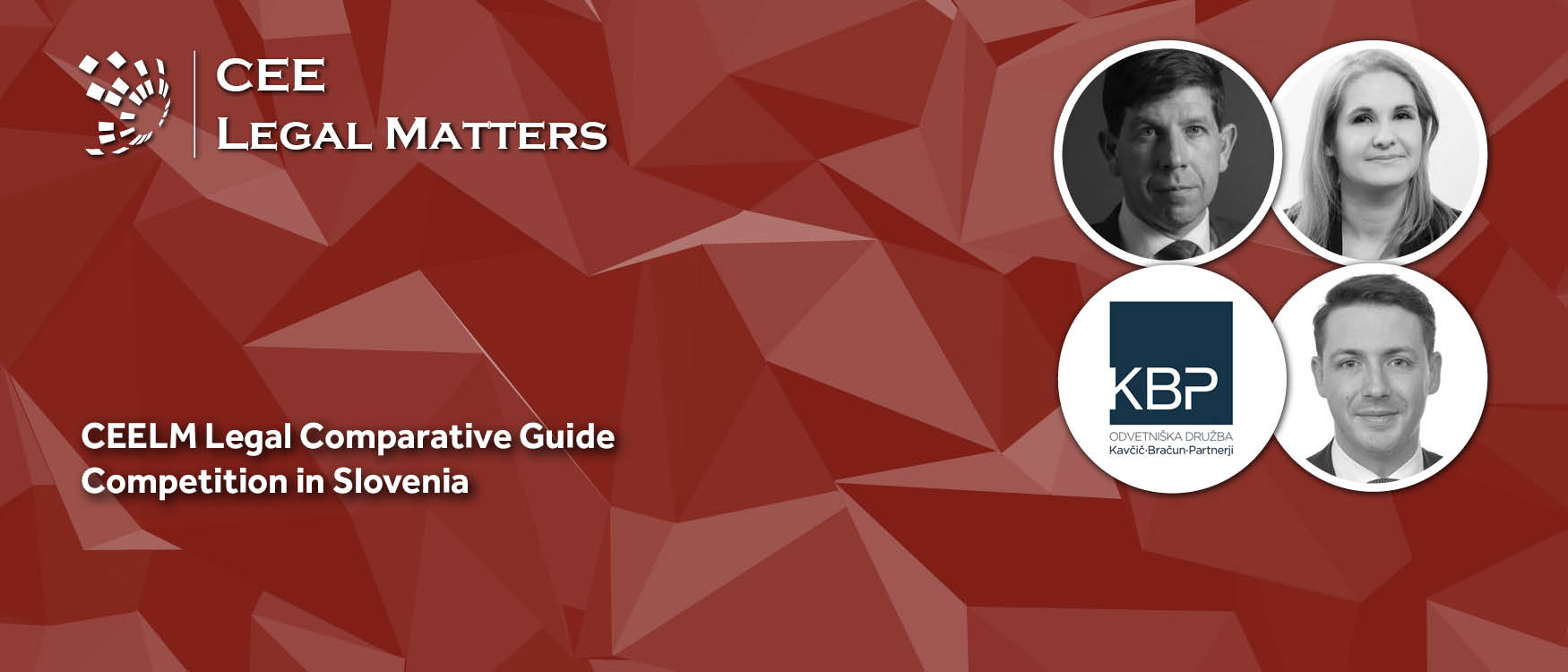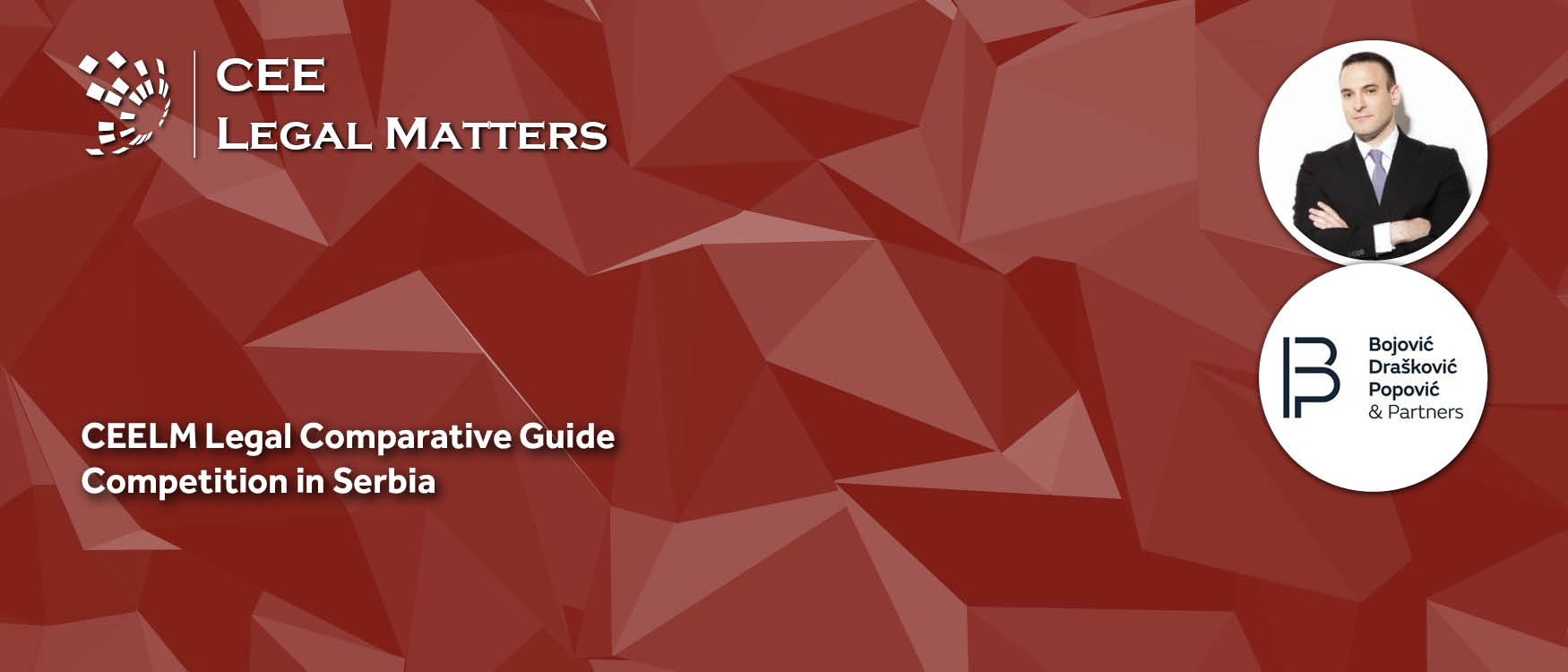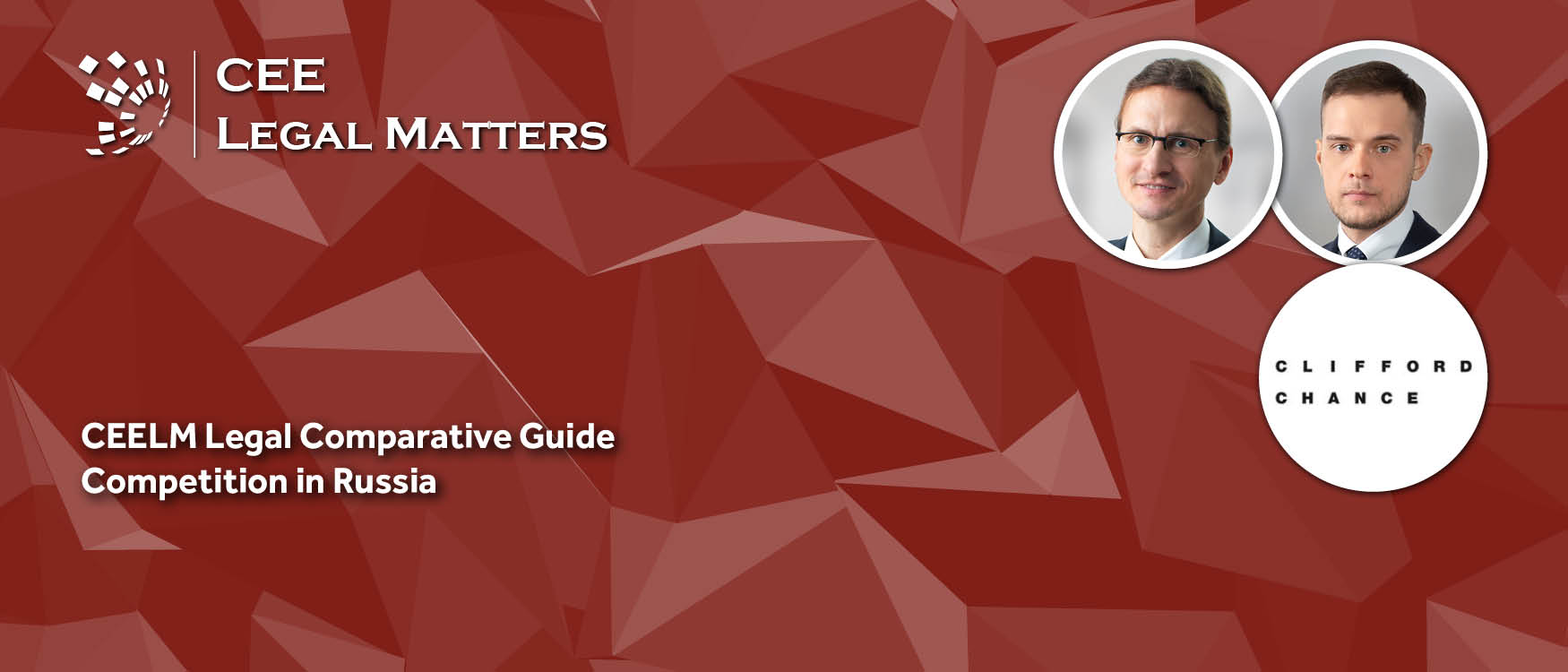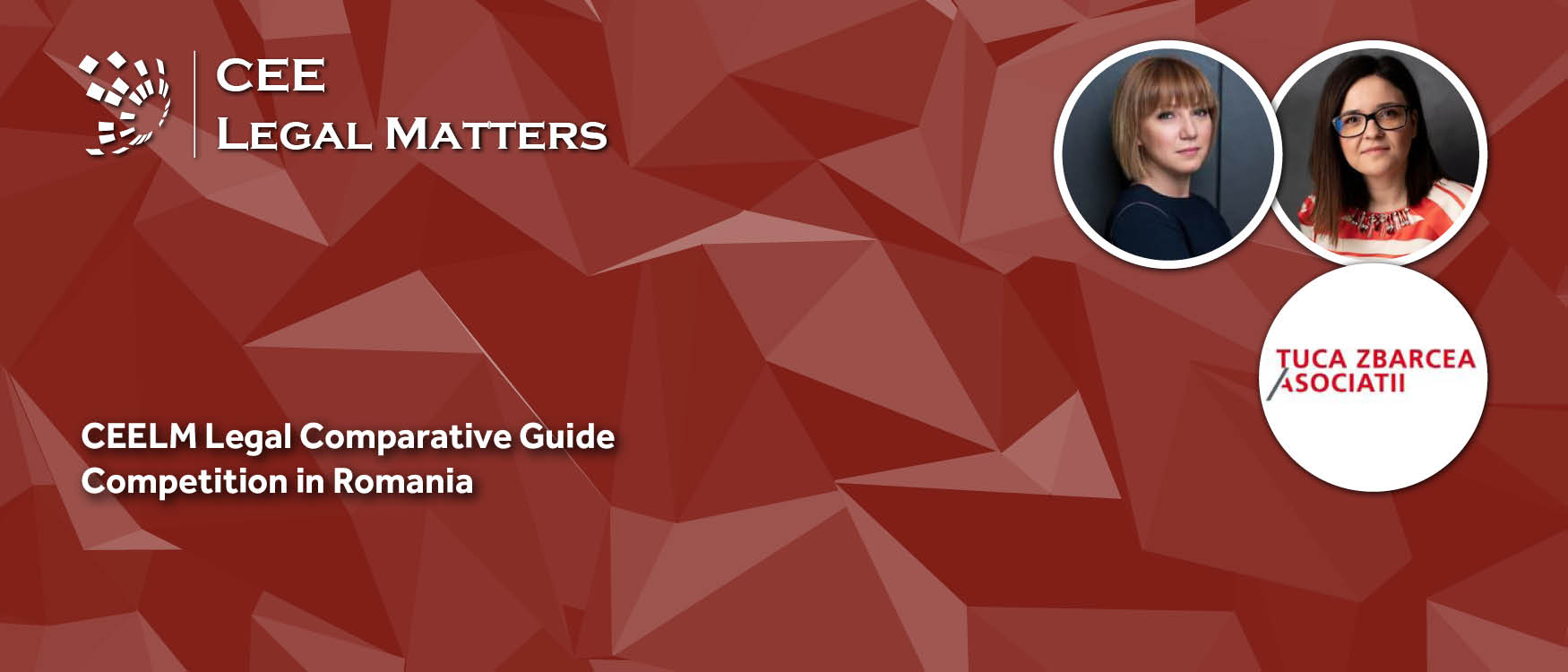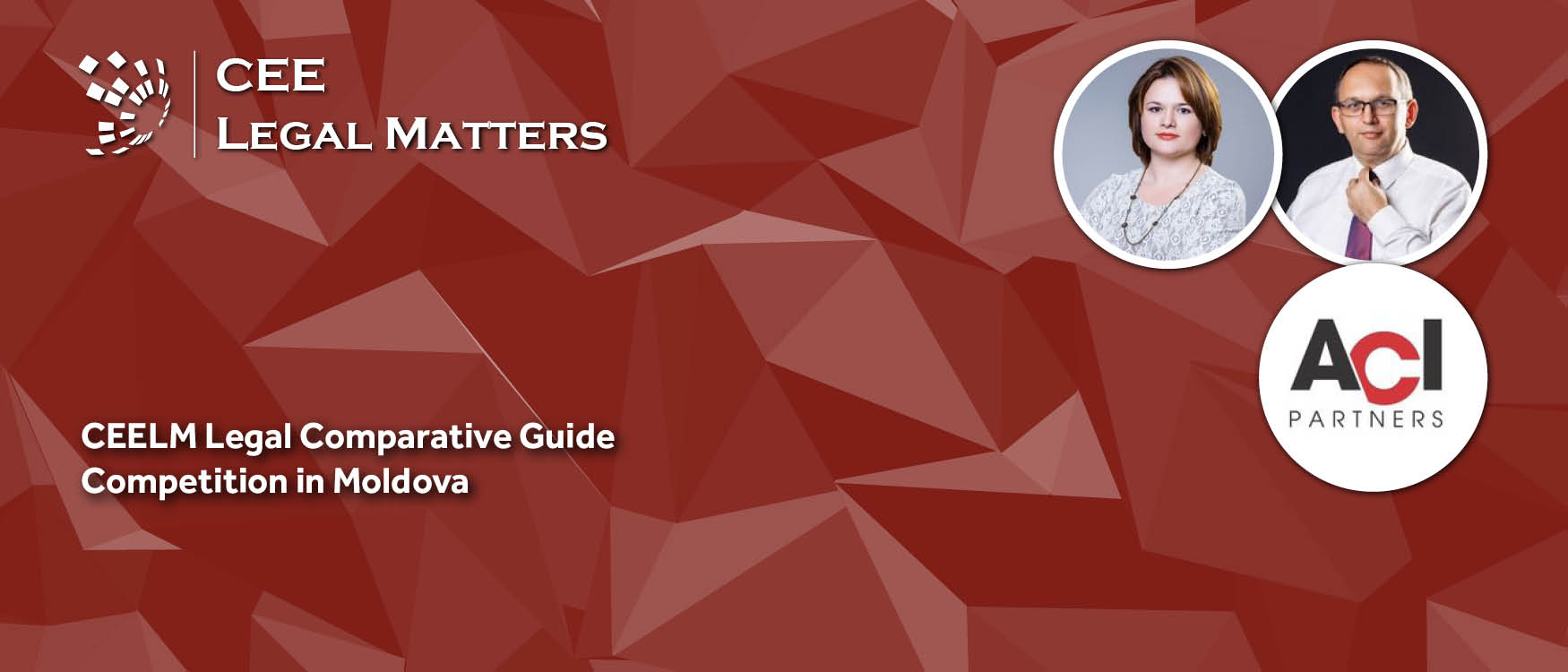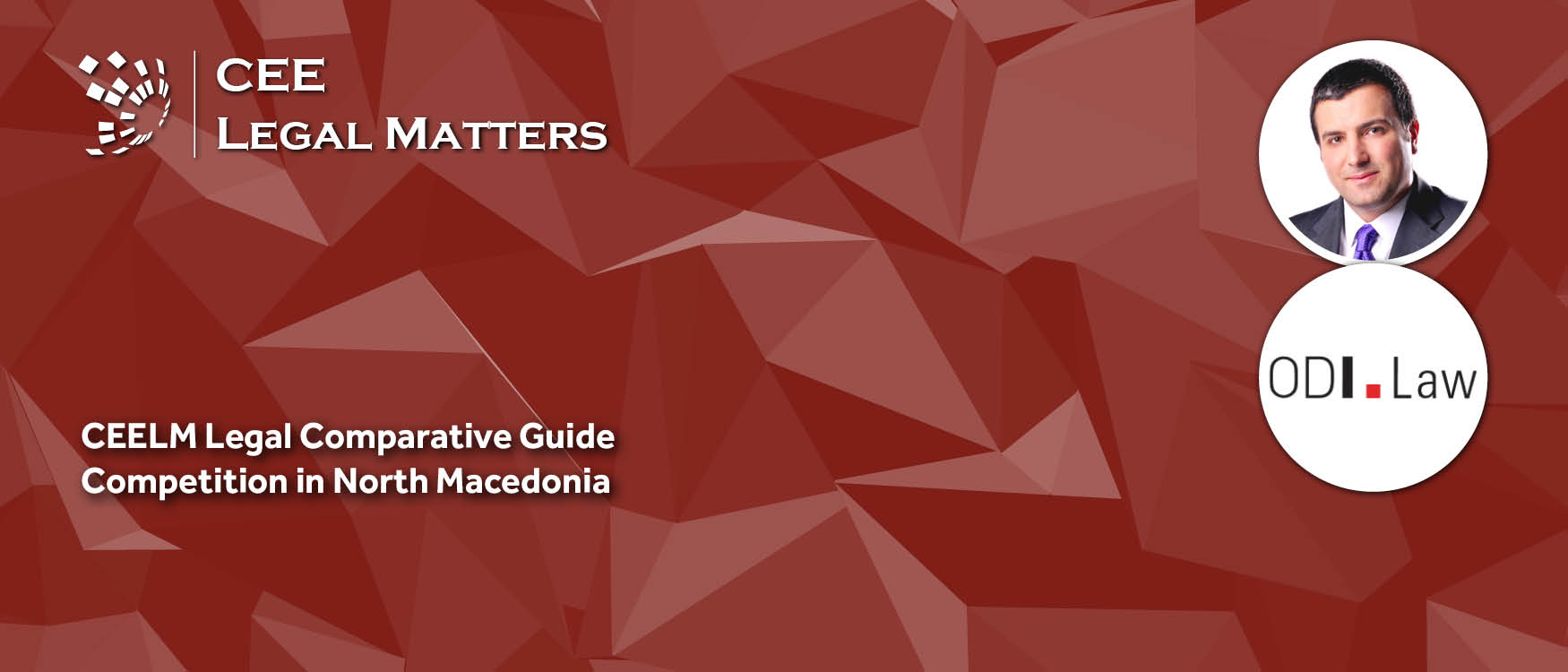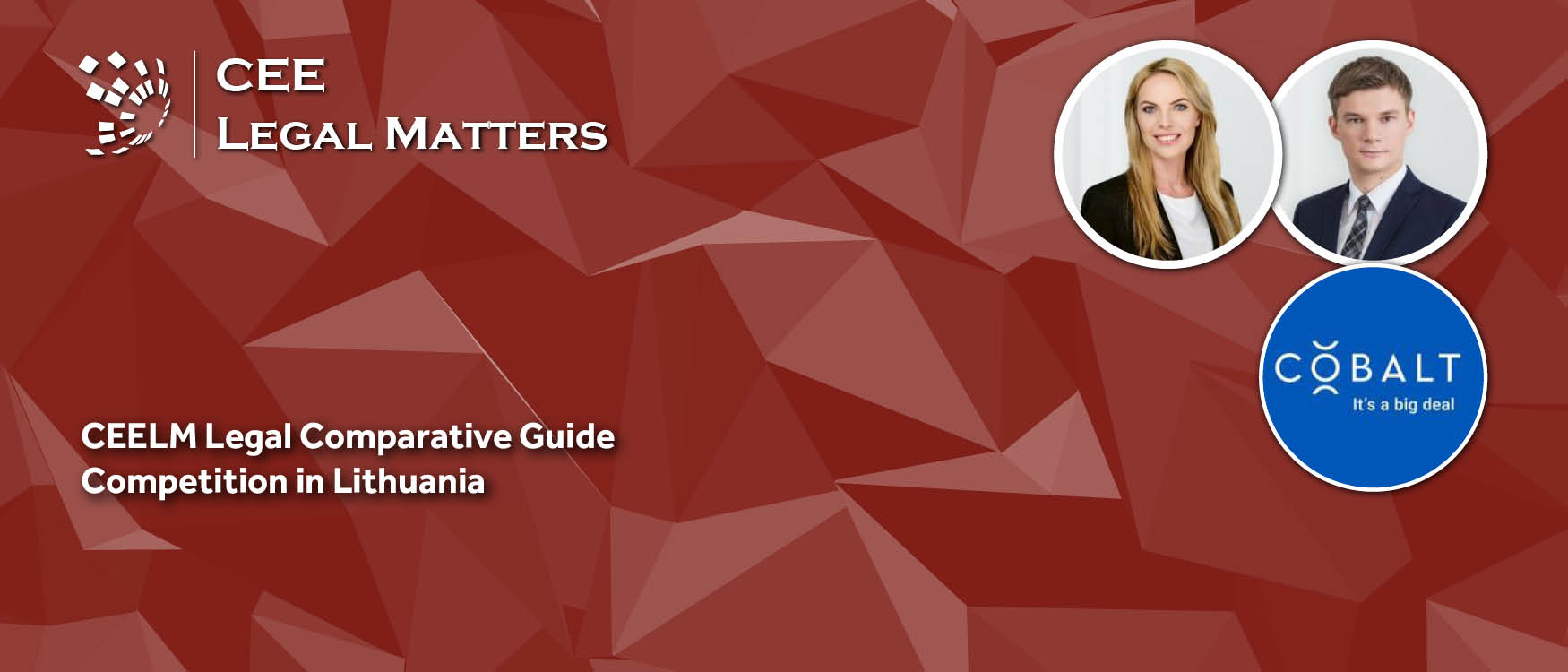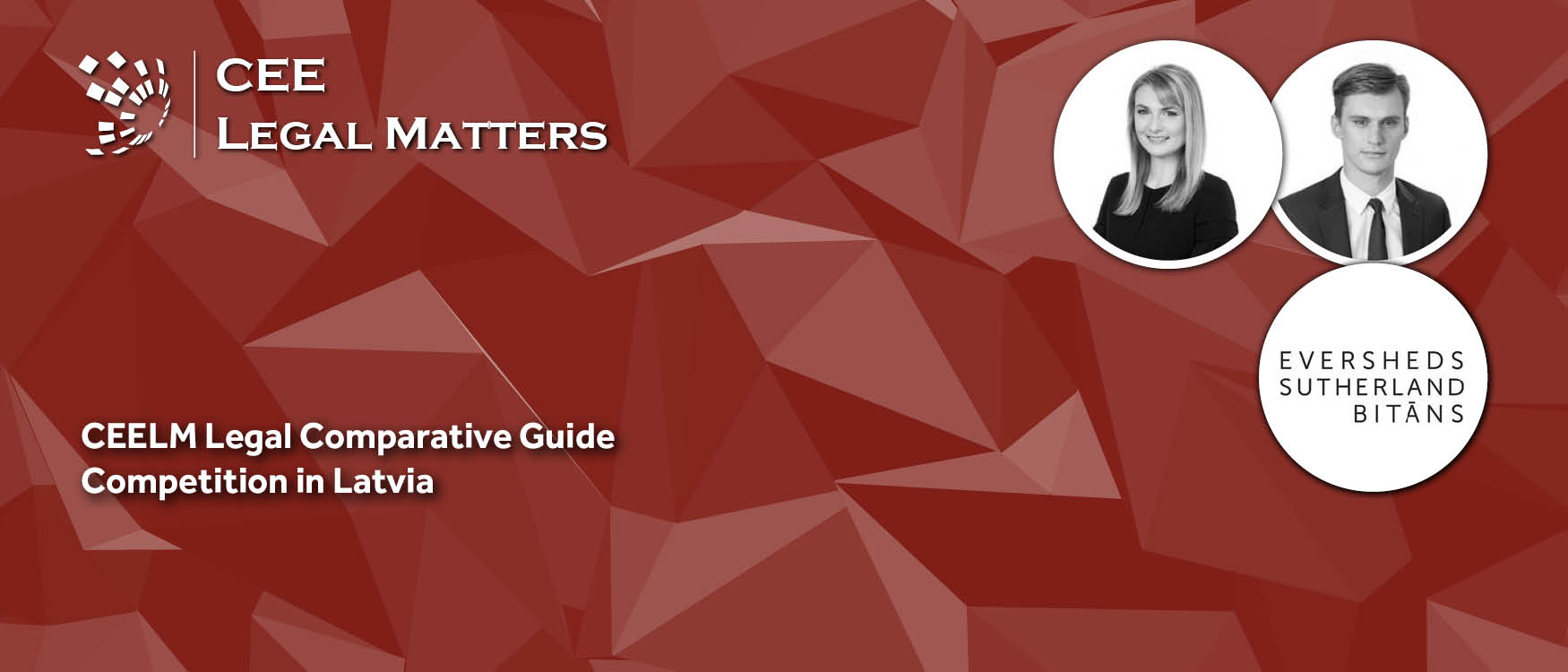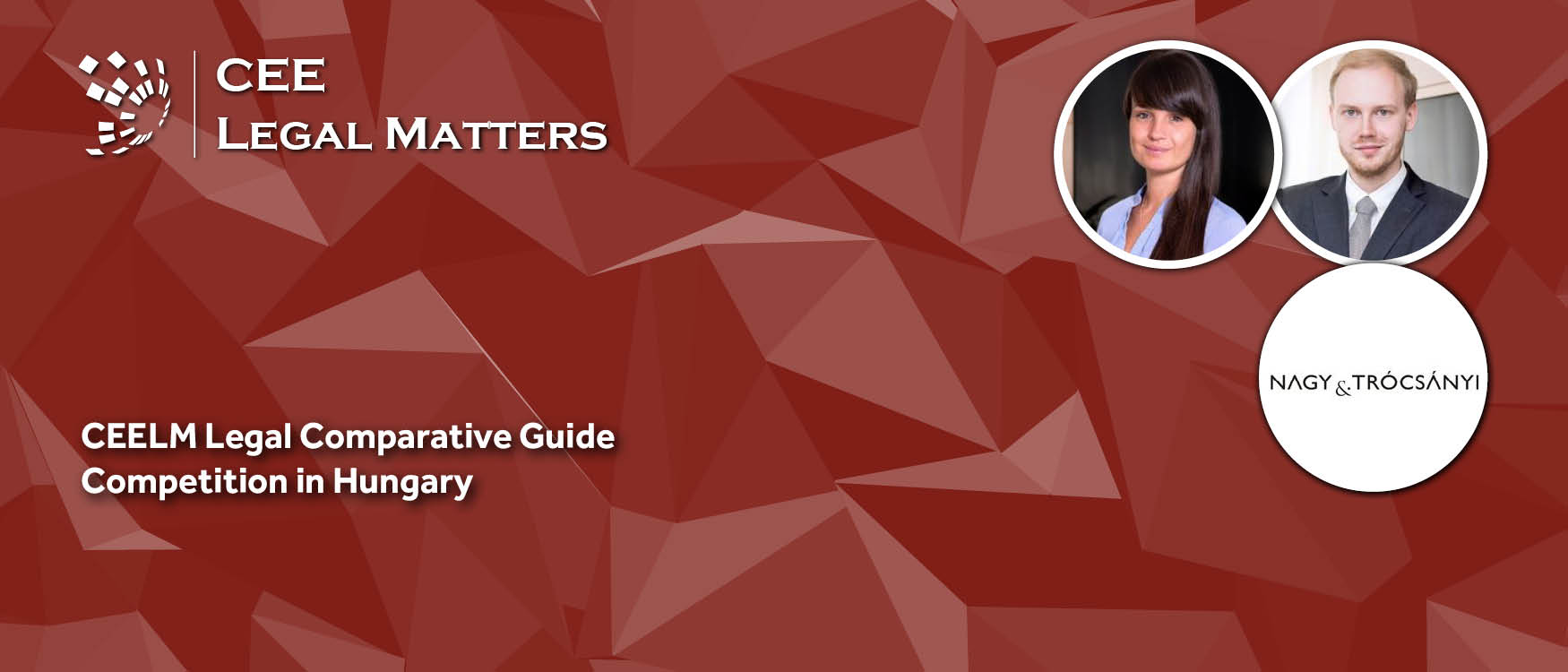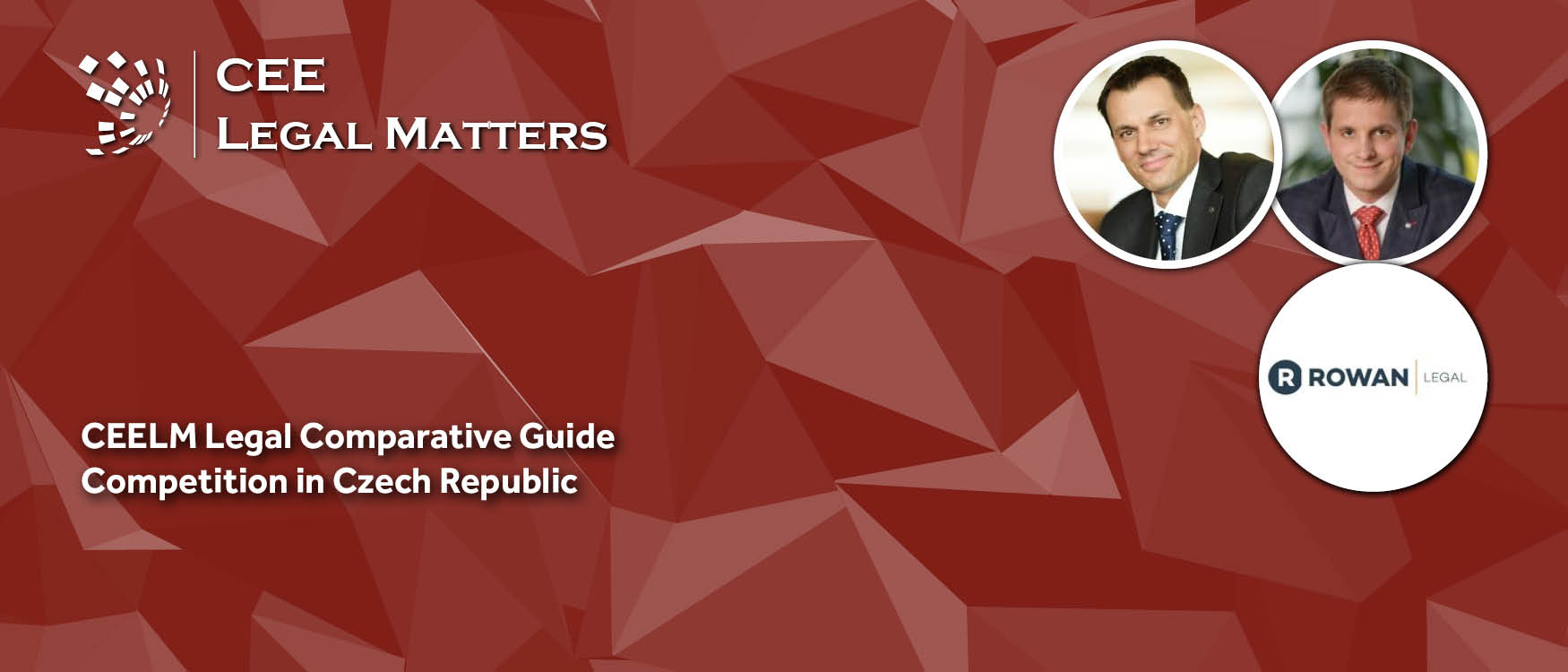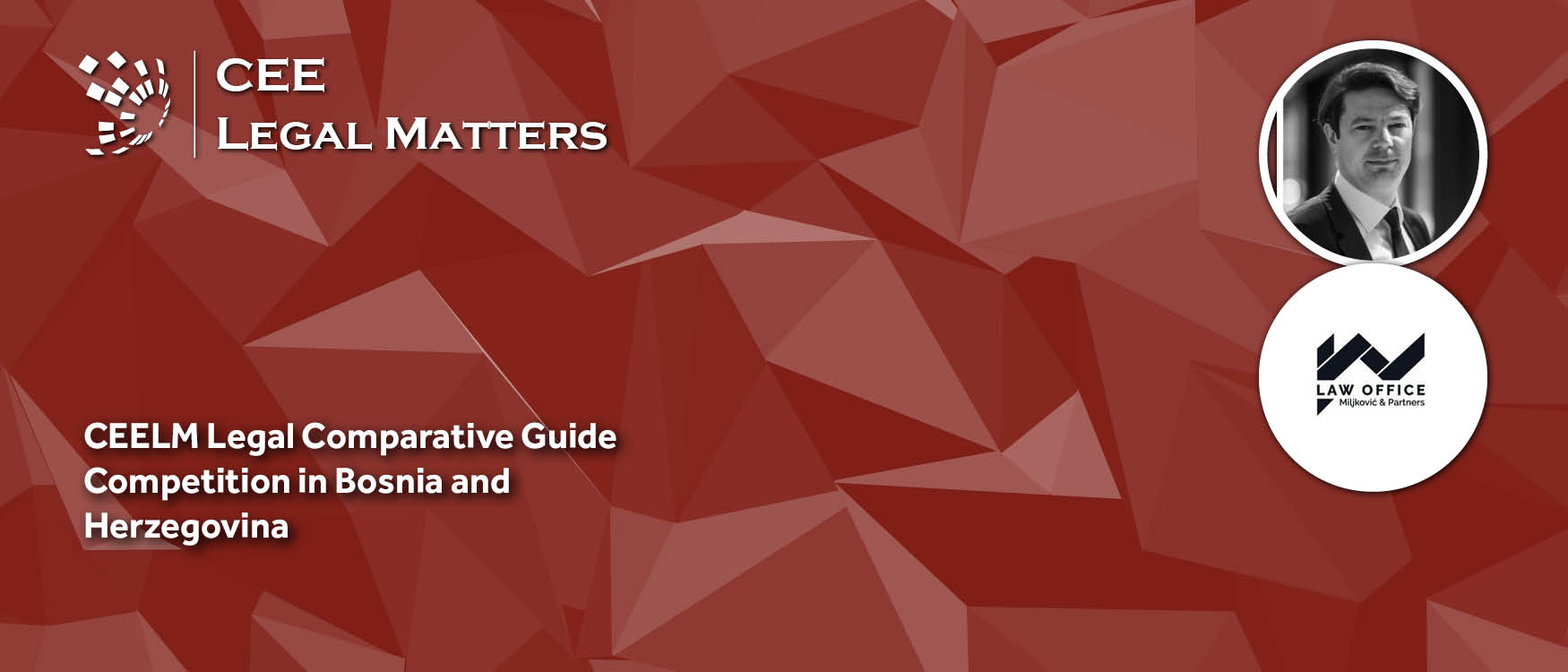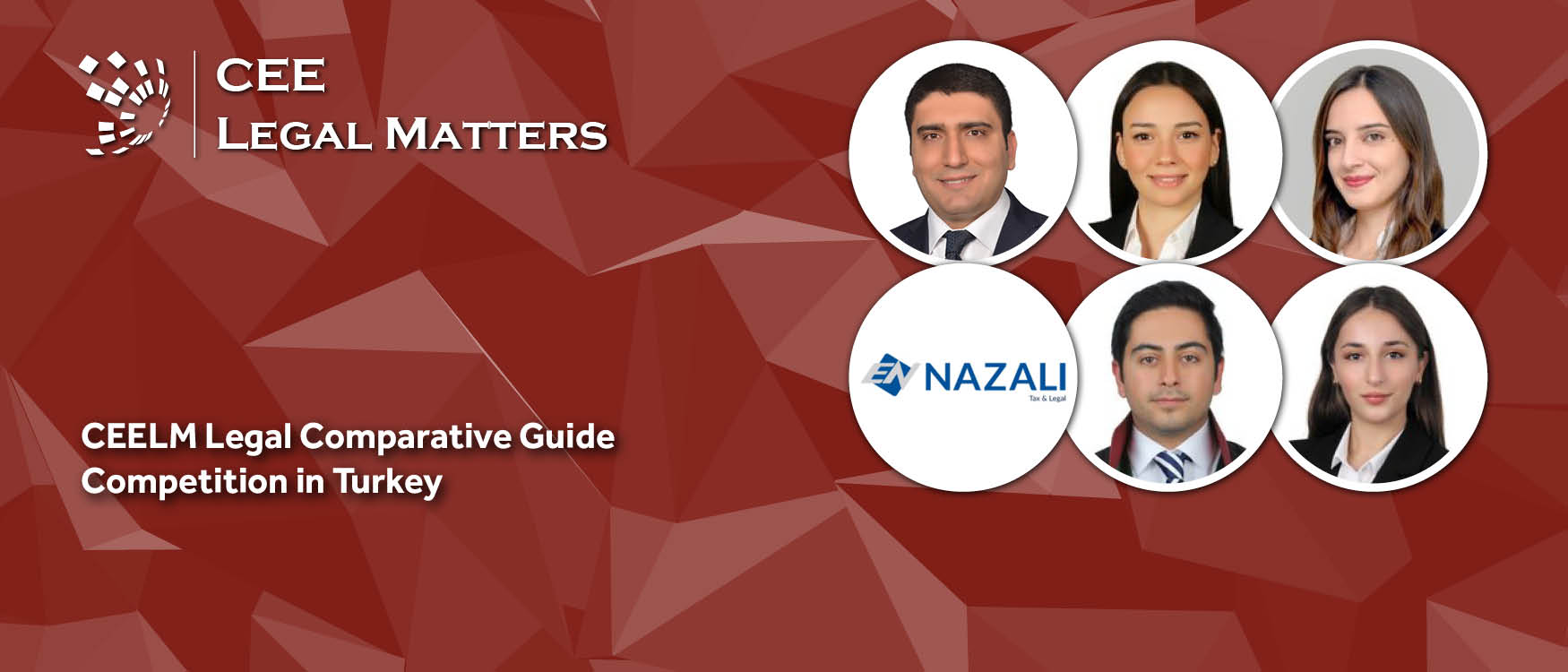Contributed by Avellum.
1. What are the main competition-related pieces of legislation in Ukraine?
The main competition-related pieces of legislation in Ukraine are, among others, as follows:
- the Constitution of Ukraine;
- the Civil Code of Ukraine;
- the Commercial Code of Ukraine;
- the Law of Ukraine On Antimonopoly Committee of Ukraine (the AMC Law);
- the Law of Ukraine On Protection of Economic Competition (the Competition Law);
- the Law of Ukraine On Protection against Unfair Competition;
- the Law of Ukraine On State Aid (the State Aid Law);
- the Law of Ukraine On Public Procurement (the Public Procurement Law);
- the Regulation on the procedure for filing applications with the Antimonopoly Committee of Ukraine (the AMC) for obtaining its prior approval of the concentration of undertakings (the Merger Regulation);
- the Regulation on the procedure for filing applications with the AMC for obtaining its prior approval for the concerted practices of undertakings;
- the Procedure for filing of applications with the AMC for release from liability for violation of Ukrainian competition law (the Leniency Regulation);
- the Methodology for assessment of the monopoly (dominant) position of undertakings on the market;
- the Guidelines on applicability of the Ukrainian merger control rules to joint ventures (the Joint Ventures Guidelines);
- the Guidelines on application of the State Aid Law;
- the Guidelines on application of the SSNIP test; and
- the Guidelines on calculation of fines for Ukrainian competition law violations (the Fines Guidelines).
2. Are there any notable recent (last 24 months) updates of the Ukraine competition legislation?
Antitrust amnesty
On July 21, 2021, the Law of Ukraine On Amendments to Tax Code of Ukraine and Other Laws of Ukraine on Stimulating De-Shadowing of Income and Improving Tax Culture of Citizens by Introducing One-Time (Special) Voluntary Disclosure by Individuals of Their Assets and Payment to Budget of One-Time Duty (the Tax Amnesty Law) came into force.
Besides the release from liability for tax infringements, the Tax Amnesty Law contains provisions that allow individuals to benefit from reduced liability for infringements of the Ukrainian merger control rules.
Particularly, an individual that completed a transaction without obtaining prior approval of the AMC, if such approval was required, would be subject to an approximately EUR 650 fixed fine. In contrast, the statutory maximum fine for the failure to comply with the Ukrainian merger control rules is 5% of a group’s turnover.
To benefit from the reduced antitrust liability, individuals should meet the following requirements:
- submit the special returns declaration and pay the special duty;
- a concentration should have taken place before December 31, 2020;
- a concentration did not lead to monopolization or substantial restriction of competition on the relevant market; and
- file a merger control notification by October 1, 2022.
The antitrust amnesty is available only from October 1, 2021, to October 1, 2022.
Joint ventures
On September 30, 2019, the AMC adopted the Joint Ventures Guidelines. Under them, the establishment of a joint venture constitutes a concentration and may require the AMC’s prior approval, if such a joint venture:
- is a newly created and jointly controlled undertaking;
- is a fully-functioning undertaking;
- will operate on a lasting basis (normally exceeds three years); and
- will not be used for coordination of competitive behavior between the co-founders and/or among the co-founders and the joint venture itself.
SSNIP test
On July 20, 2020, the AMC adopted the Guidelines on application of the small but significant and non-transitory increase in price (SSNIP) test, which may be used as one of the tools for the definition of relevant markets in merger control cases.
Antitrust Law Reform
The Parliament of Ukraine is planning to implement a comprehensive reform of Ukrainian competition law. The draft law of Ukraine On Amendments to Certain Laws of Ukraine in Relation to Competition Law Reform (the Reform Law) significantly revises merger control thresholds, introduces settlement procedures, improves the existing leniency policy, and makes other changes.
3. What are the main concerns of the national competition authority in terms of agreements between undertakings? How about the sanctioning record of the authority?
Anticompetitive Concerted Practices
The main concern of the AMC is that, in some cases, agreements can be viewed as anticompetitive concerted practices which have led or may lead to the prevention, elimination, or restriction of competition. In general, the Competition Law prohibits the implementation of anti-competitive concerted practices, unless the AMC has approved them.
At the same time, Ukrainian competition law distinguishes between different types of concerted practices (vertical, horizontal, conglomerate, mixed) and sets general requirements for their exemption from prior approval by the AMC. This ensures that transactions with no or limited effect on the Ukrainian competition environment remain under the AMC’s radar.
Sanctioning Record of the AMC
In 2020, anticompetitive concerted practices constituted 54% of all the violations suspended by the AMC and this number is constantly increasing. At the same time, 96.7% of all anticompetitive concerted practices took place during the public procurement procedures.
The AMC imposed fines for anticompetitive concerted practices in the total amount of EUR 22.8 million. However, the undertakings challenged the fines of the AMC and almost 150 decisions were successfully overruled.
4. Which competition law requirements should companies consider when entering into agreements concerning their activities on the Ukraine territory?
Companies may consider applying the following framework.
First, companies should assess whether their agreement can be considered as concerted practices.
Second, companies should (1) define the relevant market in which concerted practices are to take place and (2) identify their respective market shares.
Third, companies should assess which type of concerted practices they intend to implement – for example – horizontal or vertical, etc.
Fourth, companies should comprehensively check whether provisions of the agreement can have a potential negative impact on the Ukrainian competition environment.
Finally, companies should check whether any of the general exemptions provided by the Ukrainian competition law may apply to them and their agreement, allowing them to implement the concerted practices without prior approval by the AMC.
For example, the parties usually can implement horizontal concerted practices, if none of them is a dominant undertaking and their combined market share in the relevant market does not reach 15%.
Similarly, in the case of vertical concerted practices, the parties may envisage vertical restraints in the agreement, if, for example, their combined market share is less than 30% of the relevant market and the restraint itself is not hardcore (e.g., resale price maintenance, restriction of active sales, restriction of cross-supplies, etc.).
If following the initial assessment it is evident that proposed concerted practices do not fall under any of the applicable exemptions, the parties may apply to the AMC for individual antitrust clearance. The parties would have to show that the proposed concerted practices outweigh potential anticompetitive effects by, for example, enhancing the production of goods, promoting technical or economic development, etc.
5. Does a leniency policy apply in Ukraine?
Yes, the AMC introduced the leniency policy to detect existing cartels back in 2012. The Leniency Regulation sets out a detailed procedure for those who wish to benefit from the leniency policy.
Under the Leniency Regulation, an undertaking involved in cartel activities may apply for total immunity from fines for anticompetitive concerted practices by self-reporting and handing over evidence of cartel activities to the AMC.
The leniency policy is available under the following conditions:
- the applicant should be the first one to disclose the information on cartel activities;
- the information must be significant enough for the AMC to investigate the infringement;
- the disclosure must be done voluntarily;
- the applicant must provide sufficient evidence regarding the infringement;
- the applicant has to take effective measures to cease its cartel activities; and
- the applicant must not be a ringleader.
Even though leniency policies are efficient in fighting cartels in other jurisdictions, it is still fairly unpopular in Ukraine. Up to date, to the best of our knowledge, there were only three applications submitted to the AMC. However, it is expected that this will change following the adoption of the Reform Law, which is supposed to improve the existing regulatory framework.
6. How is unilateral conduct treated under Ukraine competition rules?
The Competition Law does not prohibit the holding of a dominant position, however, the abuse of dominance is illegal. In general, a dominant undertaking abuses its market power if its action or failure to act causes or may cause the prevention, elimination, or restriction of competition or discrimination of other undertakings. A dominant undertaking abusing its market power may be subject to fines and/or compulsory divestment.
Under the Competition Law, an undertaking is dominant, if:
- it has no competitors; or
- it does not face significant competitive pressure due to competitors’ restricted access to raw materials, distribution channels, market barriers, etc.
The Competition Law provides for a rebuttable presumption that an undertaking holds a dominant position if its market share in a given market exceeds 35% unless such an undertaking proves that there is significant competition in the market. In some cases, an undertaking holding a market share of less than 35% can be viewed as dominant as well.
The Competition Law also provides for the collective dominance concept. Several undertakings are considered as collectively dominant, if:
- up to three undertakings hold 50% market share; or
- up to five undertakings hold 70% market share.
In such a case, each undertaking is deemed to hold a dominant position in a relevant market.
As mentioned previously, holding a dominant position is not illegal. However, abusive practices are prohibited. The Competition Law provides a non-exhaustive list of examples of abusive behavior such as:
- price gauging;
- the application of different prices or other conditions to equivalent transactions without objectively justified reasons;
- making entry into an agreement conditional upon acceptance of additional obligations by the counterparty, which by their nature or according to commercial practice, do not relate to the subject matter of the agreement;
- the limitation of production, markets, or technological development, which harms or may harm other undertakings, buyers, or sellers; and
- the refusal to purchase or sell goods in the absence of other alternatives, etc.
7. Are there any recent local abuse cases of relevance?
Yes, there are. Investigation of abuse cases is one of the priorities of the AMC.
In 2020, the AMC terminated 227 such violations with fines imposed in the total amount of EUR 23.75 million. Here are a few examples of the most significant cases.
Abuse of dominance by the DTEK Group
The AMC found that certain undertakings of the DTEK Group – the leader in Ukraine’s energy sector – abused its dominant position in different segments of the Ukrainian electricity market. According to the AMC’s findings, the violation took place in a special region of Ukraine where the DTEK Group holds a 90% market share in the market for electricity production. The DTEK Group abused its dominant position by (1) reducing the production of electricity, (2) setting inflated and economically unreasonable prices for electricity, and (3) restricting imports of electricity from Slovakia. In total, the AMC fined the DTEK Group in the amount of EUR 9.1 million.
However, the DTEK Group filed an appeal seeking to invalidate the AMC’s decision.
Abuse of dominance by LLC Zeonbud
The AMC found that between 2011-2019 LLC Zeonbud – a provider of digital terrestrial television – had been abusing its dominant position by setting its fees for telecommunication services without any calculations or economic rationale. In addition, LLC Zeonbud reduced its fees by providing discounts to broadcasting companies without any economic rationale. Therefore, different broadcasting companies were paying different fees (from zero to 100%) for the same services.
The AMC ordered LLC Zeonbud to stop the violation and imposed a fine in the amount of EUR 80,000.
LLC Zeonbud has successfully challenged the decision of the AMC in court.
8. What are the consequences of a competition law infringement?
In most cases, the AMC would impose a fine on an infringing undertaking. The amount of the fine depends on the type of infringement. For example:
- for the infringement of the Ukrainian merger control rules, the maximum fine can reach 5% of the undertaking’s worldwide turnover for the last financial year; and
- for implementation of anticompetitive concerted practices or abuse of dominance, the maximum fine can reach 10% of the undertaking’s worldwide turnover for the last financial year.
Penalties are usually imposed on the undertaking that infringed Ukrainian competition law. However, the Competition Law allows the AMC to impose a fine on the group of undertakings under certain circumstances.
When calculating the amount of a fine, the AMC usually follows its nonbinding Fines Guidelines which makes the fine determination process more transparent for undertakings. Also, the Fines Guidelines provide for mitigating factors that the AMC may take into account when calculating the amount of fine. In some cases, the amount of a fine can be decreased by up to 50%.
In addition to the financial penalties in abuse cases, the AMC may order for compulsory divestment of the dominant undertaking.
Other consequences include third-party damages claims, reputational issues, and increased scrutiny from the AMC in the future.
9. Is there any competition law requirement in case of mergers & acquisitions occurring or impacting the Ukrainian market?
Under the Competition Law, the following transactions are considered as concentrations and may be subject to prior merger control clearance before they can be completed:
- the merger of undertakings or takeover of one undertaking by another;
- the acquisition of direct or indirect control over an undertaking (including through acquisition or lease of assets, the appointment of management, negative control, etc.);
- the establishment by two or more undertakings of a joint venture that will conduct its business activity independently on a lasting basis provided that such an establishment will not result in the coordination of competitive behavior between the founders or among them and the newly established undertaking; and
- the direct or indirect acquisition of shares in an undertaking, if such an acquisition leads to reaching or exceeding 25% or 50% of the votes in the highest governing body of the undertaking.
The provided transactions are subject to the prior merger control clearance if:
- the aggregate worldwide value of assets or turnover of the parties to the transaction exceeds EUR 30 million, and the value of Ukrainian assets or turnover of each of at least two parties to the transaction exceeds EUR 4 million; or
- the aggregate value of Ukrainian assets or turnover of the target company or at least one of the founders of the joint venture exceeds EUR 8 million, and the worldwide turnover of at least one other party to the transaction exceeds EUR 150 million.
In either case, all thresholds are calculated on a group-level basis (taking into account the relations of control). All figures are taken for the last financial year immediately preceding the year of the transaction.
10. What is the normal merger review period?
The normal review procedure consists of:
- a 15 calendar day preview period, in which the AMC decides whether a notification meets formal requirements of the Merger Regulation and accepts the notification for a substantive appraisal (Phase I) or returns it to the applicants;
- a 30 calendar day review period (Phase I), in which the AMC conducts a substantive appraisal of a concentration and issues merger control clearance if the concentration does not pose any competition concerns.
If during the Phase I review the AMC finds that there are potential grounds for prohibition of a concentration, the AMC will initiate an in-depth review of the concentration (Phase II). The Phase II review procedure should not exceed 135 calendar days from the date when the AMC receives all documents and information requested from the parties.
The Competition Law also provides for a fast-track review procedure, which takes up to 25 calendar days.
The fast-track review procedure is available for transactions where:
- only one party is active in Ukraine;
- the parties’ combined market shares do not exceed 15% on horizontal markets; or
- the parties’ combined market shares do not exceed 20% on vertical markets.
A transaction cleared by the AMC must be completed within one year from the date of issuance of the approval unless the approval states otherwise.
The AMC approves the concentration if it does not lead to the monopolization or a substantial restriction of competition in the relevant market or a significant part thereof.
11. Are there any fees applicable where transactions are subject to local competition review?
Yes, there are. The filing fees are as follows:
- UAH 20400 (approximately EUR 660) for a review of merger control notification; and
- UAH 10 200 (approximately EUR 335) for a review of concerted practices notification.
12. Is there any possibility for companies to obtain State Aid in Ukraine? If yes, under what conditions?
Yes, companies may obtain state aid in Ukraine, even though the State Aid Law sets out a general principle of incompatibility of state aid with competition.
In general, the AMC may declare state aid measures compatible with competition, if such measures:
- promote the social and economic development of regions with low living standards or high unemployment rates;
- support the implementation of national development programs or solve social and economic problems at a national scale;
- support certain types of business activities or economic sectors, or undertakings in certain economic zones, provided that this would not contradict international agreements to which Ukraine is a party; and
- support creative industries, tourism, the preservation of cultural heritage, provided that the impact on competition is insignificant.
At the same time, the State Aid Law does not apply to state aid measures provided in the following sectors:
- agricultural production and fishing;
- production of weapons and military equipment for the Armed Forces of Ukraine and other military formations, ;
- investments in infrastructure under public procurement procedures;
- provision of services of general economic interest (g., the provision of electricity and natural gas, utilities services, etc.);
- projects by the Ukrainian Cultural Foundation, Ukrainian Book Institute, and Ukrainian Youth Fund; and
- state promotion of the management companies, founders, and participants of industrial parks.
Otherwise, before state support can be granted to an undertaking, a state authority (grantor) needs to notify the AMC of its intent to grant such support. Following a review of the notification, the AMC declares that the state support is compatible with competition if there are no grounds for ruling otherwise.
13. What were the major changes brought by the COVID-19 crisis in the field? How likely is it for these changes to stick?
In general, there were no major changes. The AMC continues to function and enforce Ukrainian competition law normally despite the COVID-19 crisis.

